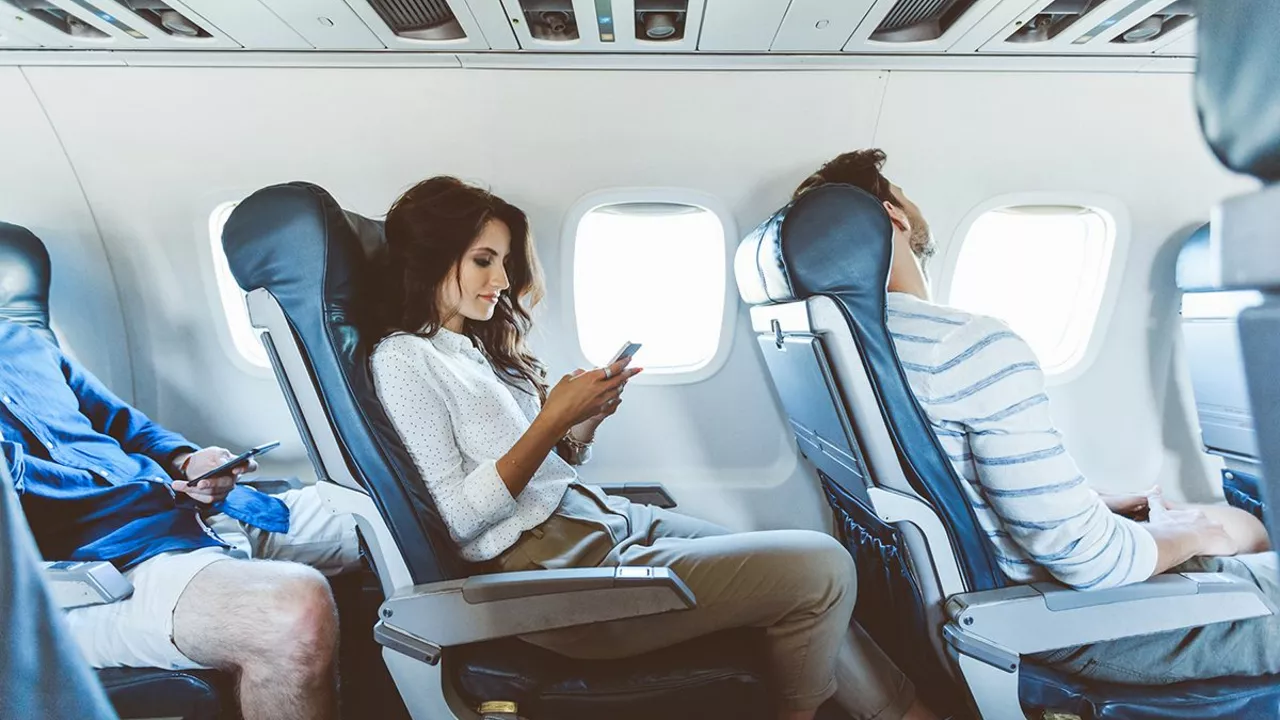Drunk Passenger: What You Need to Know
Ever hopped into a car and noticed the passenger had a few drinks? It may seem harmless, but a drunk passenger can turn a routine ride into a legal nightmare or a safety risk. Alcohol affects judgment, and that influence can spill over to the driver, especially if the passenger is loud, distracting, or trying to give directions. Understanding the real impact helps you make smarter choices before you step into the seat.
Legal implications for drunk passengers in India
In many Indian states, the law isn’t limited to drivers. If a passenger is visibly intoxicated and the driver gets caught, police can question both parties. Under the Motor Vehicles Act, a driver can be penalised for allowing an intoxicated person in the vehicle, and the passenger can face a fine or even detention for obstructing law enforcement. Some courts have ruled that a drunk passenger who encourages risky driving can be charged as an accomplice. In short, you’re not immune just because you’re not behind the wheel.
Tips to avoid trouble as a passenger
First, know your limits. If you’ve had more than two drinks, consider arranging a cab or a ride‑share. Second, keep the volume down – loud conversations or shouting can distract the driver. Third, don’t try to give navigation advice while under the influence; a sober mind makes better decisions. If you’re already in the car, suggest a safe stop or switch drivers if someone else is sober. These simple steps protect you, the driver, and everyone on the road.
What if you’re already on the move and the driver gets pulled over? Stay calm, hand over any alcohol bottles if asked, and answer questions honestly. Being cooperative often reduces the severity of any penalty. Remember, the police can test the driver’s blood alcohol level, and they may also request a breath test from the passenger if there’s suspicion of impairment.
Finally, think about the bigger picture. A drunk passenger can unintentionally encourage the driver to speed, ignore traffic signals, or take unsafe shortcuts. By staying sober or limiting consumption, you help keep the ride smooth and legal. Share these tips with friends – the next time you head out, everyone will know how to stay both fun and safe.
The question of whether domestic flights allow drunk passengers isn't a simple yes or no. While airlines don't have a specific policy banning intoxicated passengers, they do reserve the right to refuse boarding to anyone they deem a potential risk to the safety or comfort of others. So, if you're visibly intoxicated, causing a scene, or seem likely to become disruptive, you might not be allowed on your flight. It's also worth noting that excessive drinking can exacerbate health issues related to air travel. So, for the sake of everyone's comfort and safety, it might be best to save the celebrations for after the flight.
